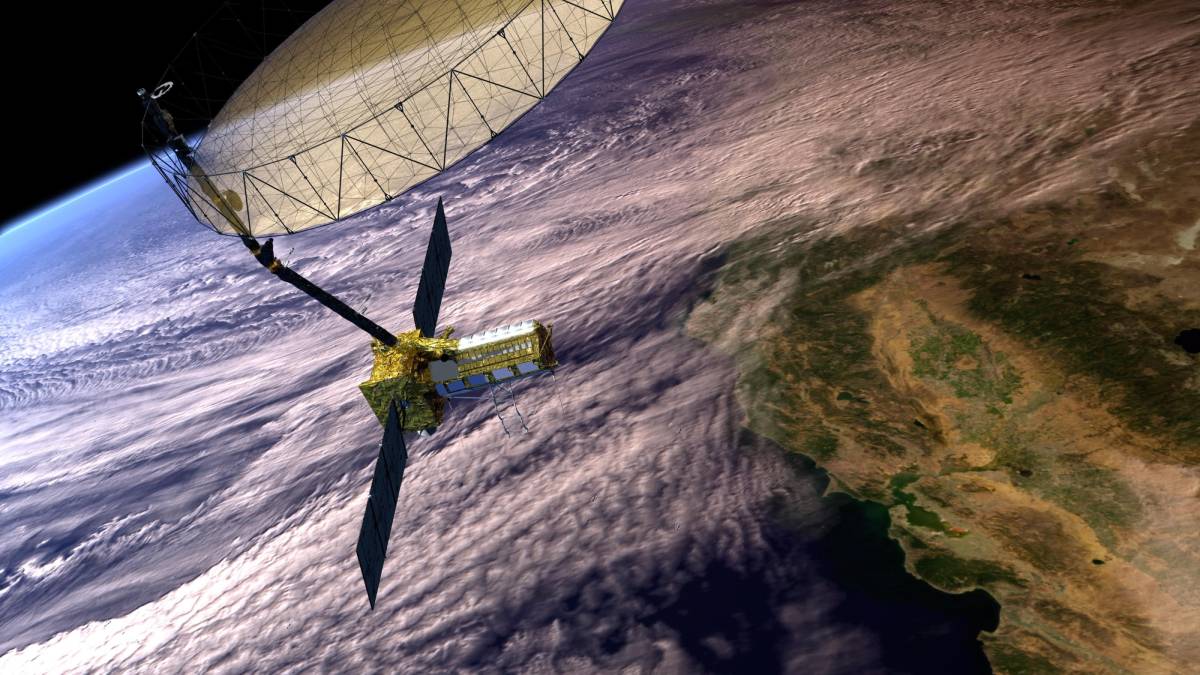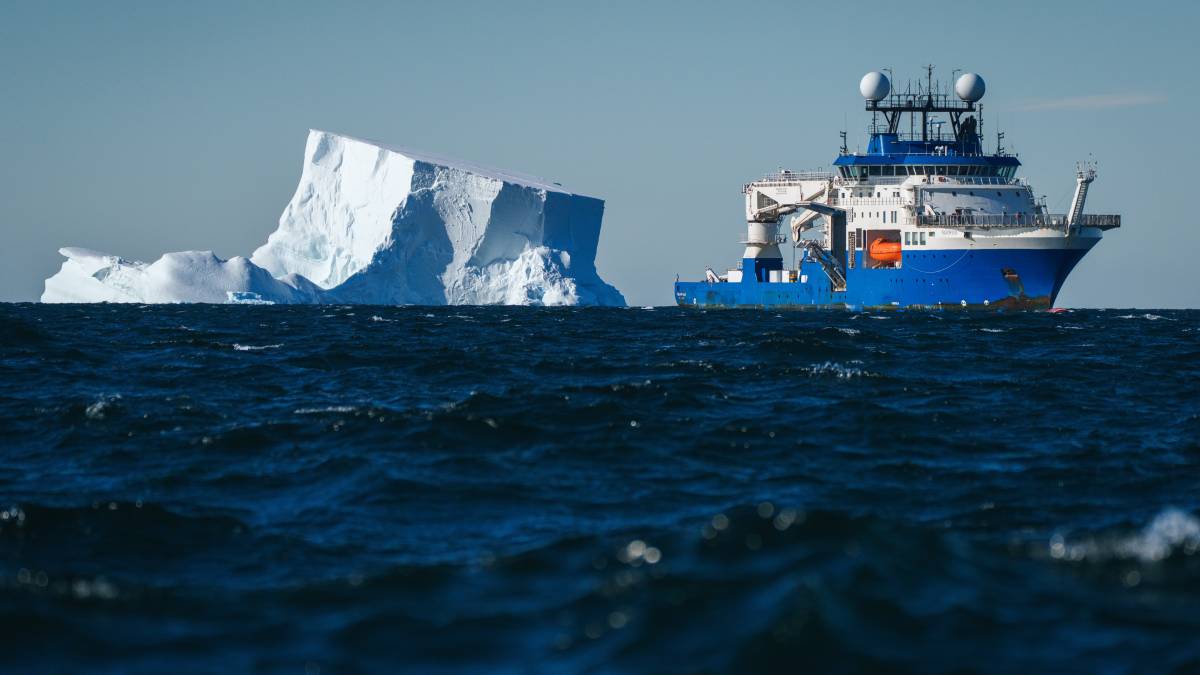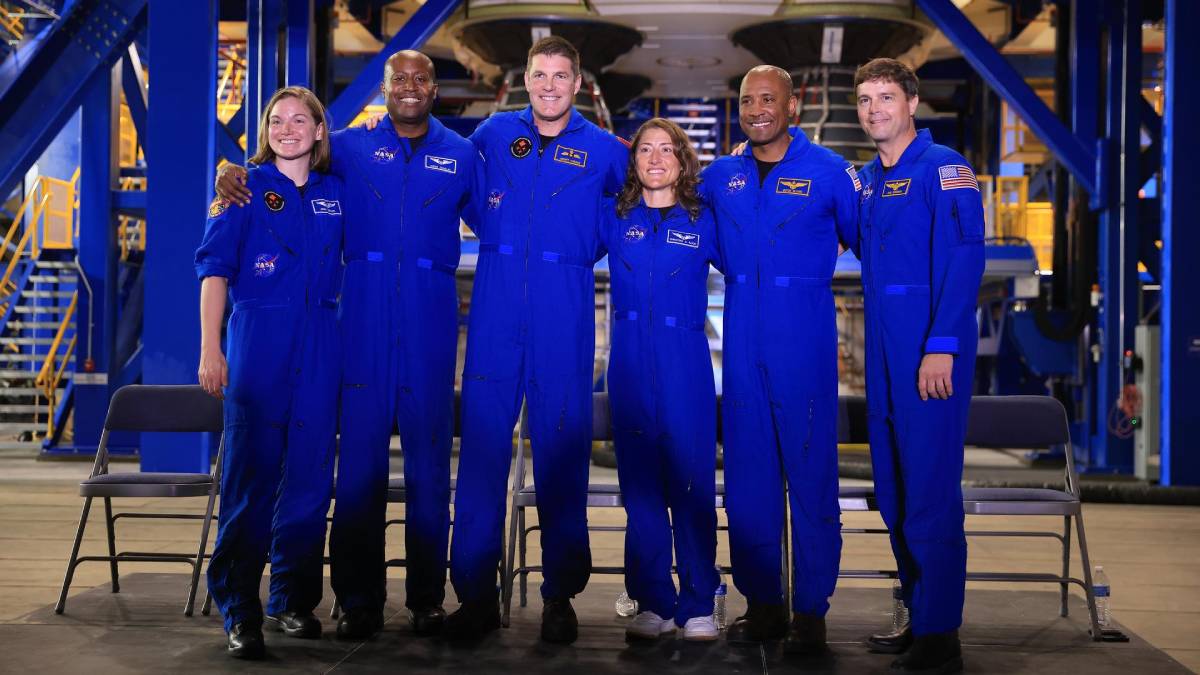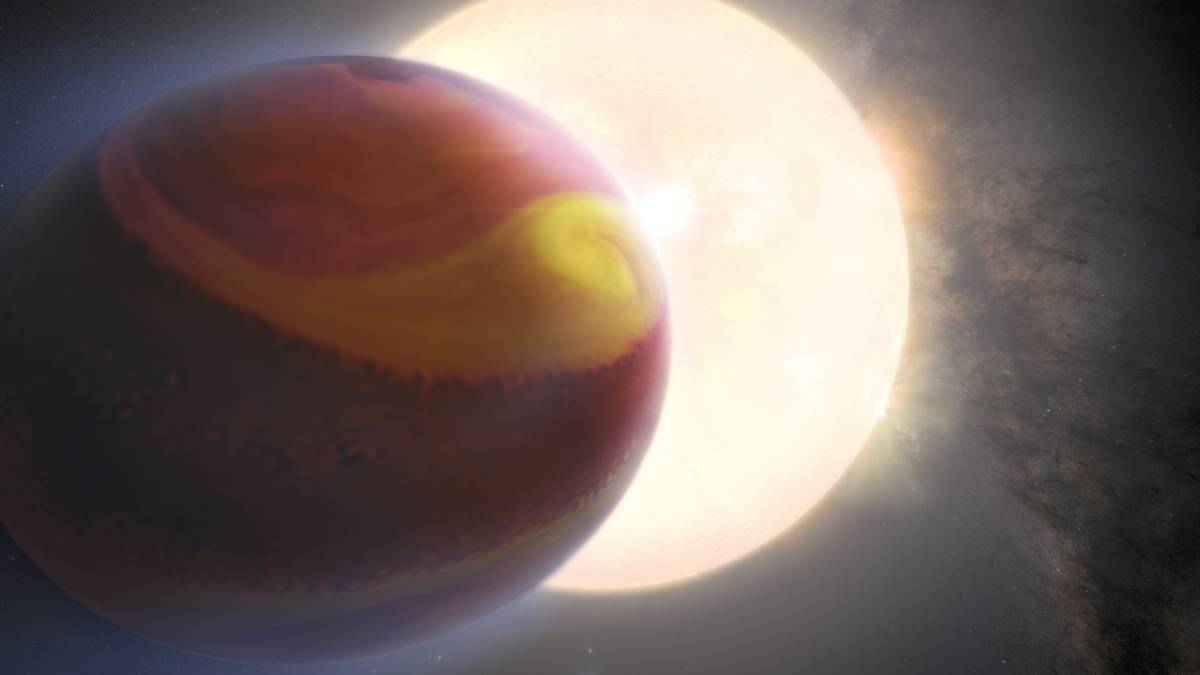NOAA has quietly reported that they will soon decommission 14 datasets, products, and catalogs related to earthquakes and marine, coastal, and estuary science.
Kimberly M. S. Cartier
Kimberly M. S. Cartier, Senior Science Reporter for Eos.org, joined the Eos staff in 2017 after earning her Ph.D. studying extrasolar planets. Kimberly covers space science, climate change, and STEM diversity, justice, and education
“Transformational” Satellite Will Monitor Earth’s Surface Changes
The mission, jointly operated by the United States and India, will measure minute changes to land, ice, and ecosystems around the globe.
NASA Science Faces an “Extinction-Level Event” with Trump Draft Budget Proposal
The initial draft of President Donald Trump’s budget request proposes devastating cuts to NASA’s science research, future space missions, and field centers.
After 30-Year Search, Scientists Finally Find an Aurora on Neptune
The planet’s elusive aurorae are much colder than expected, which is how they evaded detection for so long.
Climate Scientists Unite to Nominate U.S. Experts for IPCC Report
A new academic alliance provides a pathway for U.S. climate scientists to participate in a critical international climate report.
Thriving Antarctic Ecosystem Revealed by a Departing Iceberg
A quick-calving iceberg gave scientists a rare glimpse into what hides beneath Antarctic ice.
NASA Abandons Pledge to Put Women, Astronauts of Color on the Moon
NASA has dropped its commitment to land the first woman, the first person of color, and the first non-American astronaut on the Moon through the Artemis program.
French Scientist, En Route to Conference, Denied U.S. Entry for Trump-Critical Messages
On 9 March, a French researcher traveling to a science conference near Houston, Texas, was denied entry to the United States and expelled back to France.
First 3D Map of Exoplanet Weather Reveals Superfast Jet
New observations also answer a long-standing question about where this ultrahot planet keeps its titanium.
Firings Reversed: Judge Says Some Federal Workers Must Be Reinstated
Today, a federal judge in San Francisco ordered the Trump administration to offer reinstatement to all probationary employees previously fired from the departments of Agriculture, Defense, Energy, Interior, Treasury and Veterans Affairs.










